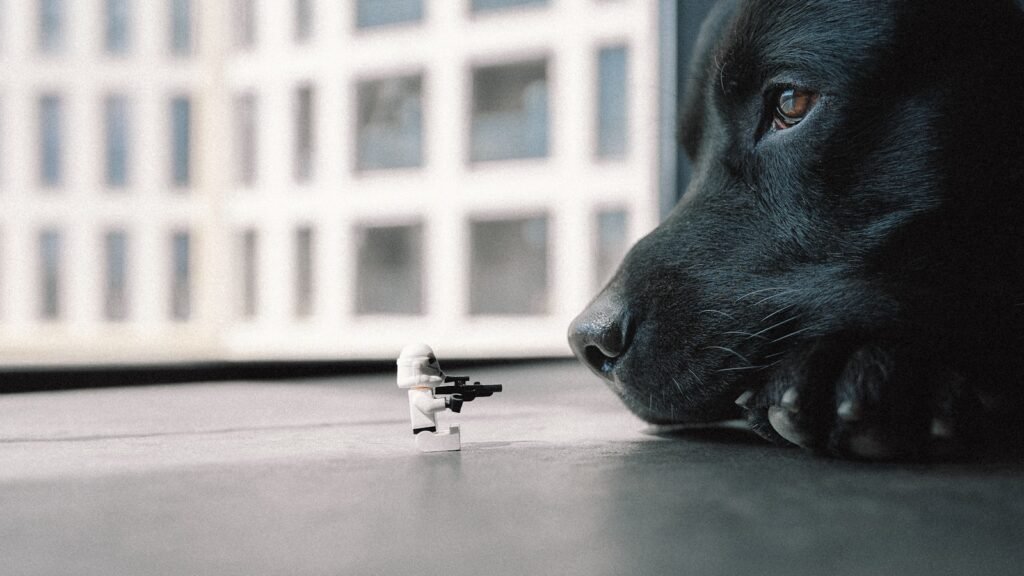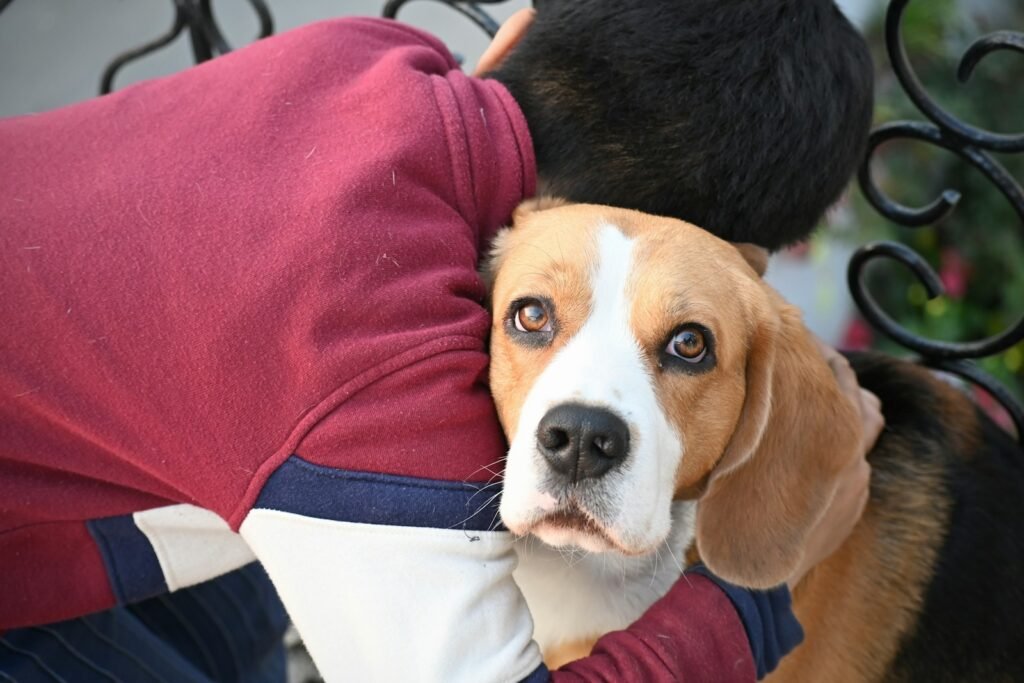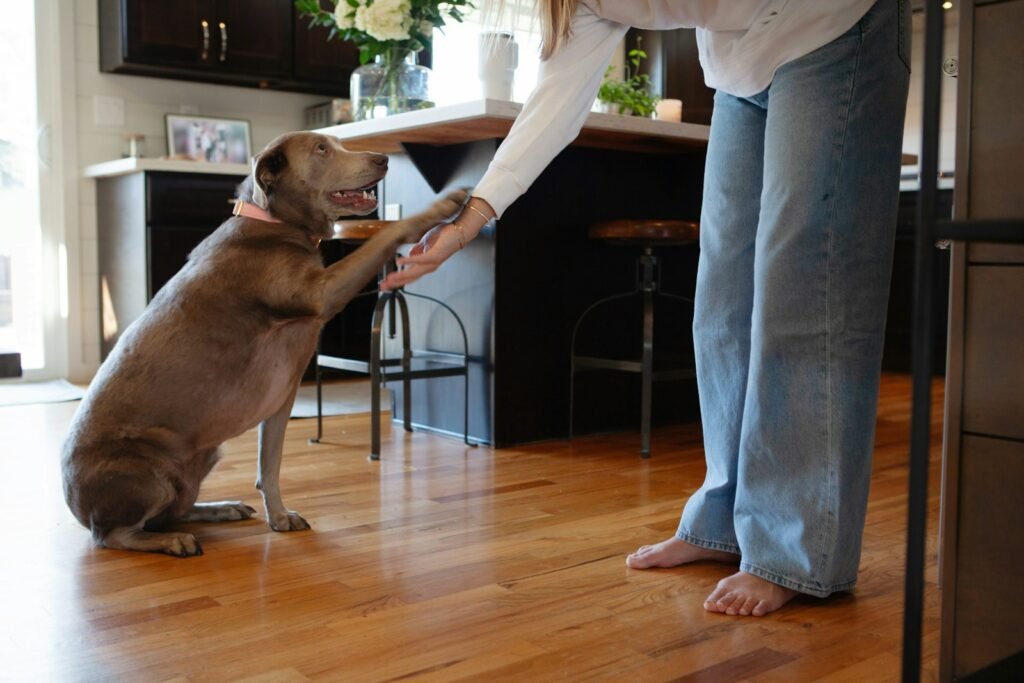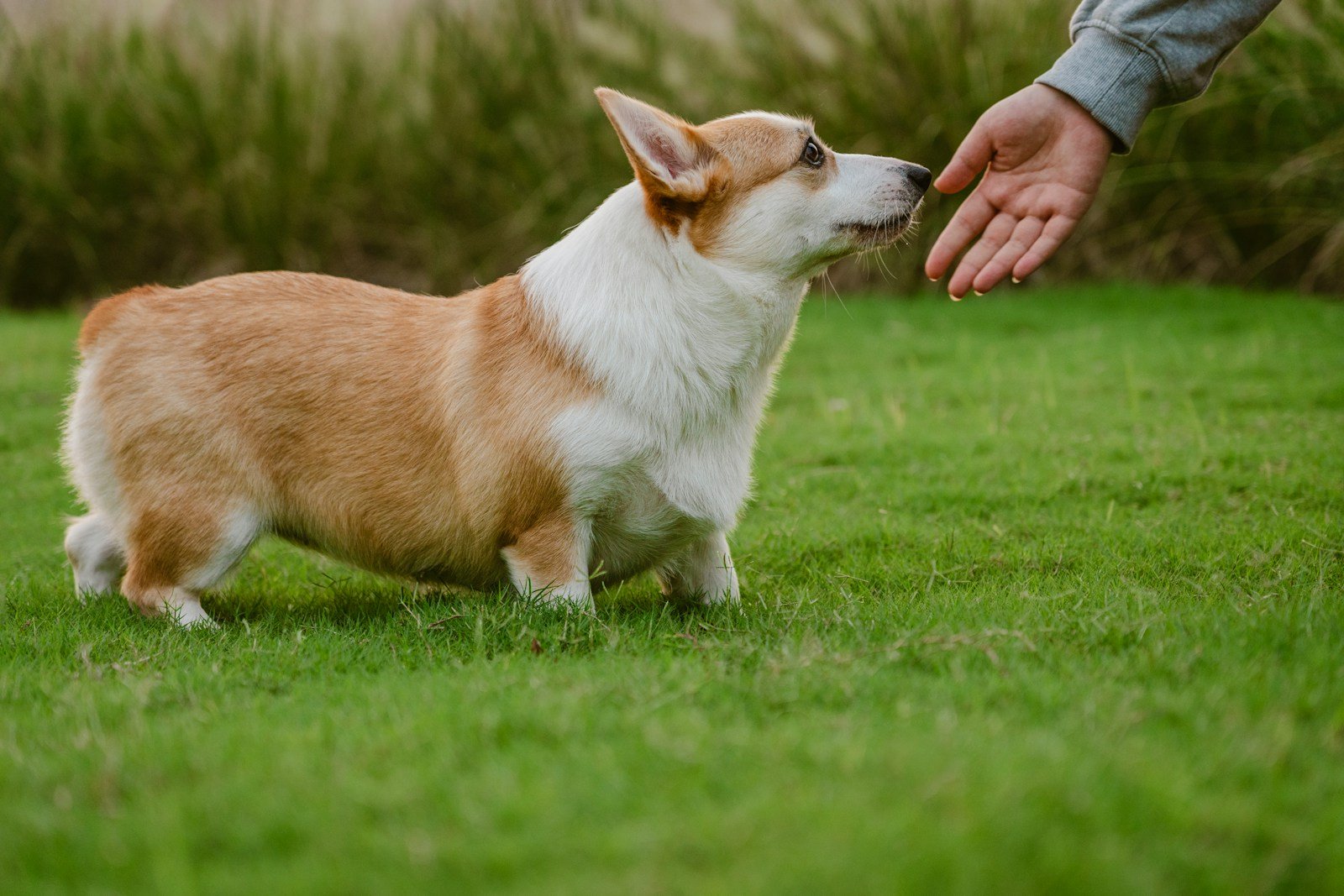Introduction to Canine Trust
Understanding dogs trust and loyalty is essential for anyone who shares their life with these wonderful companions. Dogs have an incredible ability to build strong bonds with humans, showcasing both trust and loyalty in their relationships.
For dog owners, grasping these concepts is crucial. It helps in creating a nurturing environment where the dog feels secure and valued. By doing so, owners can ensure a harmonious relationship built on mutual respect and love.
How Dogs Perceive Trust

Dogs, much like humans, have innate psychological mechanisms that help them form trusting relationships. They are naturally attuned to assess trustworthiness in their interactions, whether with their owners or strangers. Research from the Duke Canine Cognition Center suggests that dogs may perceive trust differently based on context, such as trusting their owner more than a stranger or showing trust after simple interactions, like being petted.
Building dogs trust involves engaging in activities that foster a sense of security and connection. For instance, hand feeding can be a simple yet effective way to strengthen your bond, as it creates a direct line of communication and care. Using calm commands during stressful situations also reassures your dog that you are there to support them.
“Trust is the foundation of a strong human-dog relationship. It must be nurtured with patience and consistency,” notes canine behavior expert Dr. Jane Goodall.
Additionally, spending quality time with your dog through activities like walking or playing can significantly enhance their trust in you. These everyday interactions build a solid foundation for a trusting relationship, where your dog feels secure and loved.
The Role of Loyalty in Dogs

Loyalty is ingrained in a dog’s nature, rooted in their instincts as pack animals. This trait allows them to form strong bonds with humans, whom they consider part of their pack. Their social disposition enables them to connect deeply with humans, providing companionship while relying on us for their needs.
Dogs exhibit loyalty in various heartwarming ways. Consider the story of Hachiko the Akita, who famously waited at a train station daily for nine years, after his owner passed away. “Such unwavering dedication epitomizes the loyalty dogs possess,” many would say.
Another tale is that of Shelby the German Shepherd, who saved her family from a carbon monoxide leak by persistently alerting them. These stories highlight the empathy and communication dogs have developed to interpret and respond to human needs.
Research, such as the Kyoto University study, further supports the idea that dogs understand social dynamics and show loyalty by favoring those who support their guardians. Such examples and studies underscore the remarkable loyalty that dogs offer to their human companions.
Scientific Insights on Trust and Loyalty

Recent studies have shed light on the intriguing ways dogs form trusting relationships with humans. Research from the Duke Canine Cognition Center explores whether dogs trust their owners more than strangers and how interactions, like petting, influence this trust. This research is vital for understanding how dogs adapt to new handlers, particularly in contexts like shelters and service work.
Moreover, a study published in Scientific Reports revealed that the bond between dogs and their owners is emotionally supportive and stable, often surpassing human relationships in terms of companionship and nurturance. This study involved 717 dog owners and highlighted the positive nature of dog-human interactions.
| Aspect | Dog-Owner Interaction | Human Interaction |
|---|---|---|
| Companionship | High | Moderate |
| Nurturance | High | Low |
The findings suggest that these relationships mirror those with children, combining emotional warmth with low conflict. Such insights not only redefine the roles dogs play in our lives but also emphasize their complex social dynamics.
Building Trust with Your Dog
Building trust with your dog is the foundation of a strong, lasting relationship. To foster this bond, it’s essential to understand their body language and recognize signs of fear or anxiety. Allow your dog to set the pace and respect their space by avoiding overwhelming affection. Approach them at their level, using positive reinforcement to encourage comfort and confidence.
- Consistency is key. Establish predictable routines for feeding, walks, and training to create a secure environment.
- Effective communication enhances trust. Tailor interactions to your dog’s unique personality and use clear cues and rewards.
- Patience is vital. “Trust is built over time. Be patient and persistent.”
- Create a safe space where your dog can retreat when overwhelmed, and engage in trust-building activities that reinforce positive associations.
- Start with rewards-based training to build confidence and reinforce learning.
By maintaining a calm demeanor and seeking professional help if needed, you ensure a harmonious relationship. Trust takes time, but with consistency and communication, it grows into a bond that’s both profound and rewarding.
FAQs on Dogs Trust and Loyalty
Understanding dog behavior can sometimes be puzzling for pet owners. Here are some common questions that arise when it comes to trust and loyalty in dogs.
Q: How do I know if my dog trusts me? A: Signs of trust include relaxed body language, such as wagging tails, soft eyes, and following you around the house. Spending quality time with your dog helps build this trust.
Q: Can dogs feel loyalty? A: Loyalty in dogs is often a result of positive reinforcement and the bond they form with their human family members, rather than an innate sense of loyalty.
Q: What should I do if my dog is not comfortable around new people? A: Patience and socialization are key. Gradual exposure to new people, combined with positive reinforcement, can help your dog feel more comfortable.
Q: Are some dog breeds more loyal than others? A: Loyalty varies among individual dogs, not necessarily by breed. Focus on strengthening your bond with respect and kindness to foster loyalty.
These insights can guide you in nurturing a trusting and loyal relationship with your furry friend. Remember, understanding your dog’s unique personality and needs is crucial.
Conclusion
Understanding dogs trust is vital for fostering a meaningful bond. As we’ve explored, these concepts are nurtured through time, patience, and a deep commitment to meeting your dog’s needs. Recognizing their emotions and fostering a respectful relationship can transform your connection. Use the insights shared to enhance your bond with your furry friend. Remember, a trusting and loyal relationship is built on mutual understanding and kindness.
If you liked this article you probably will enjoy relationship between dogs and cats.

